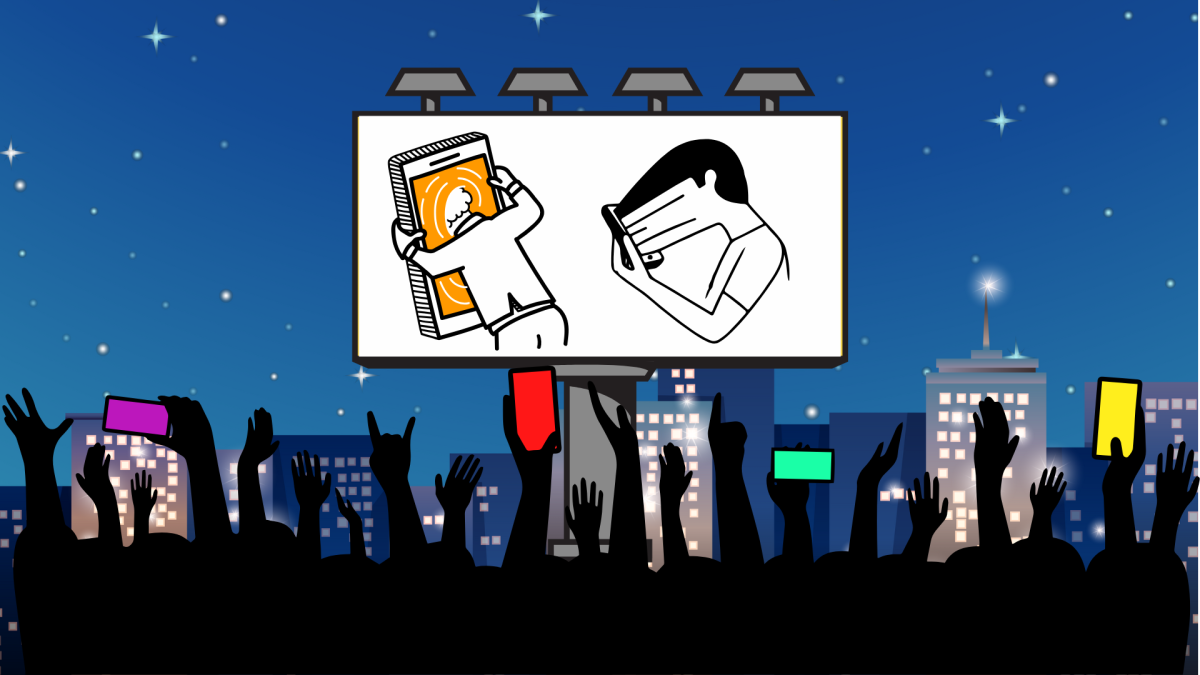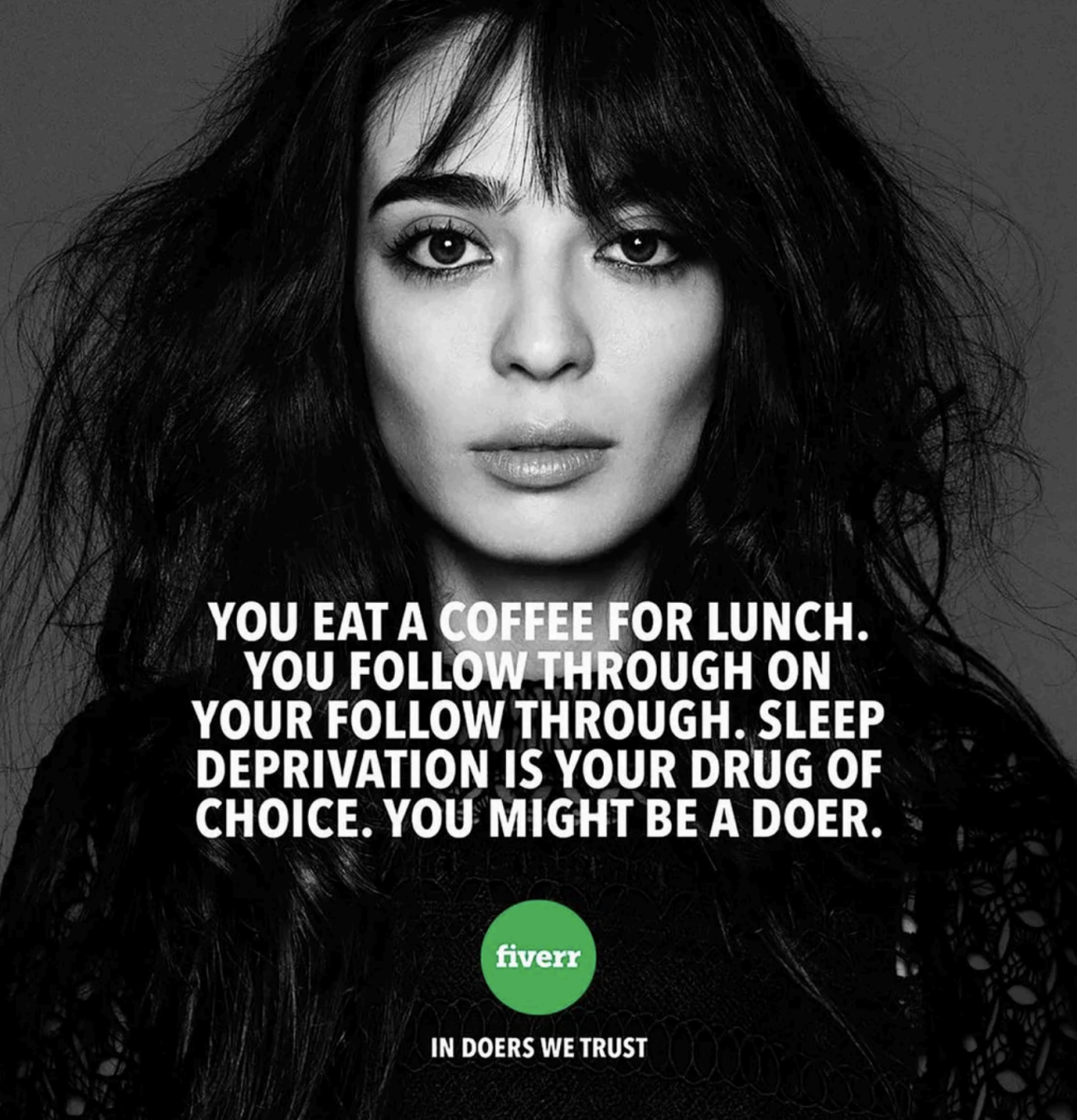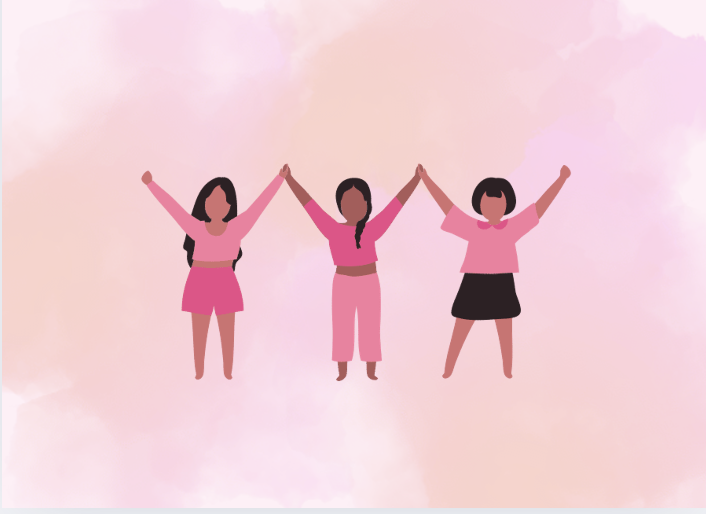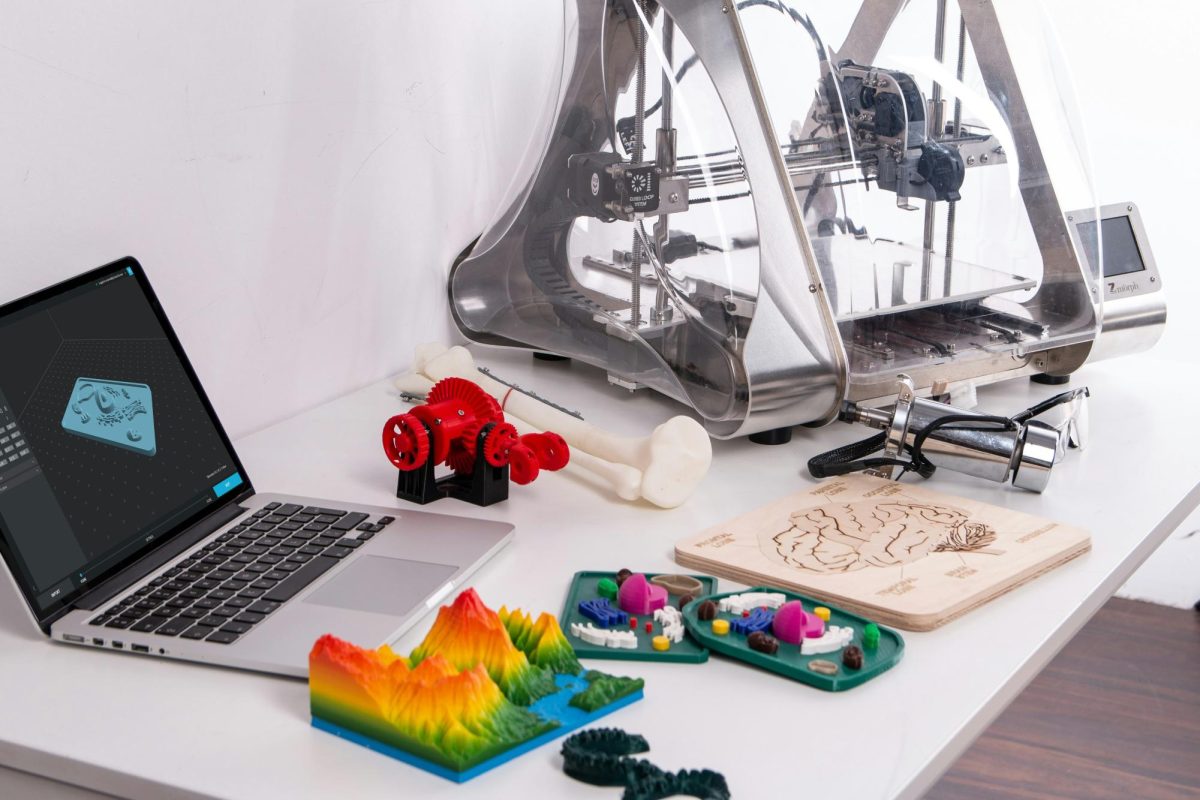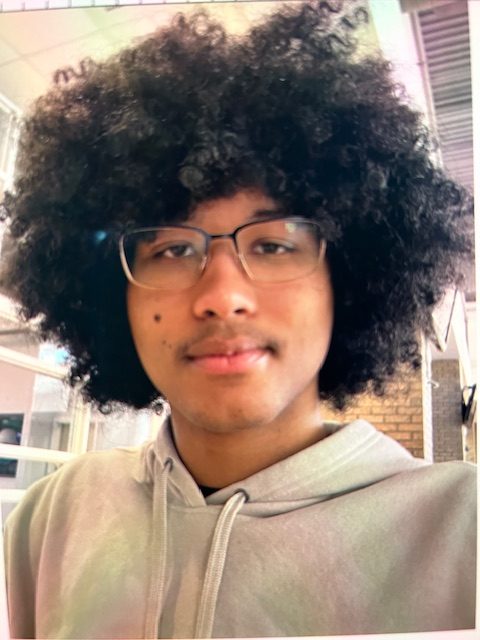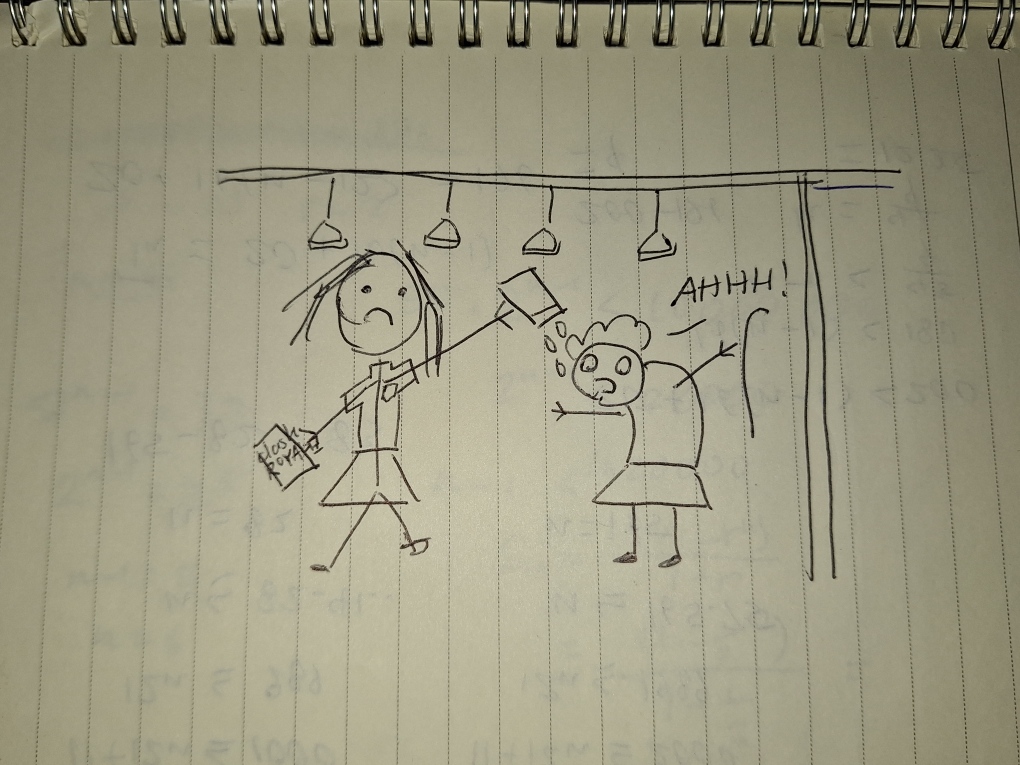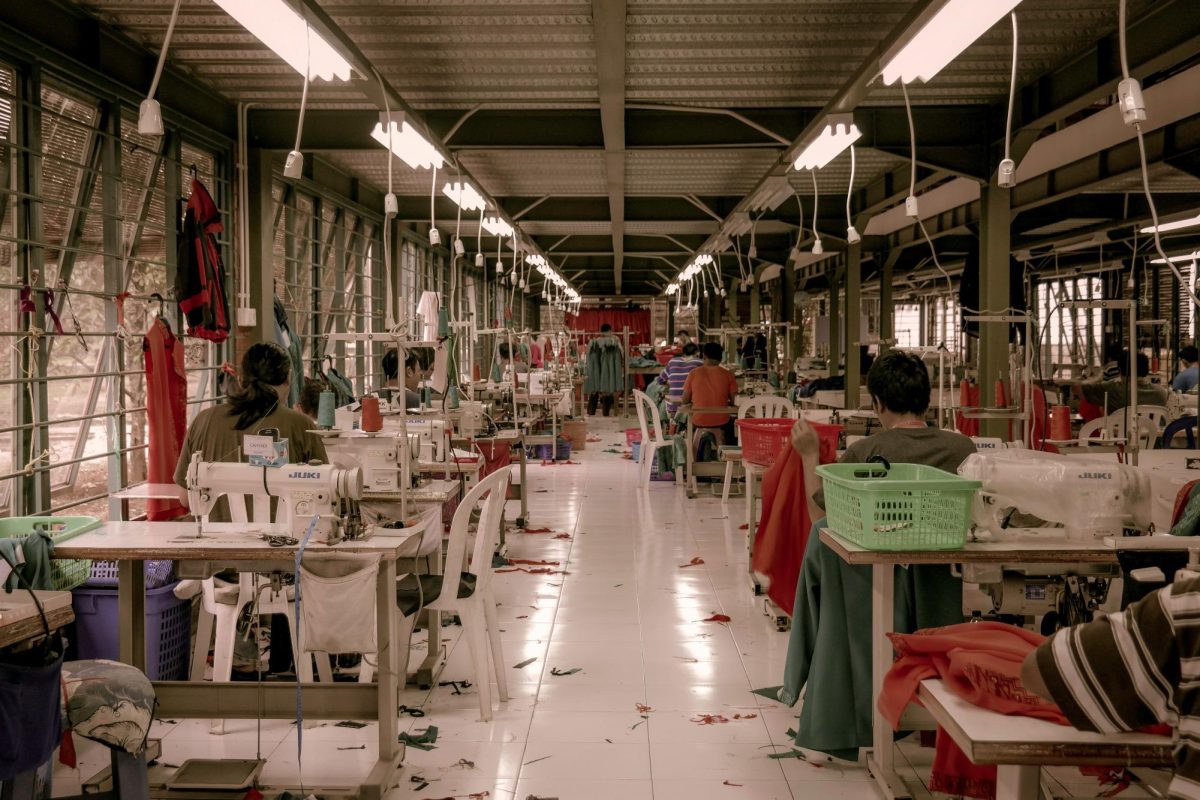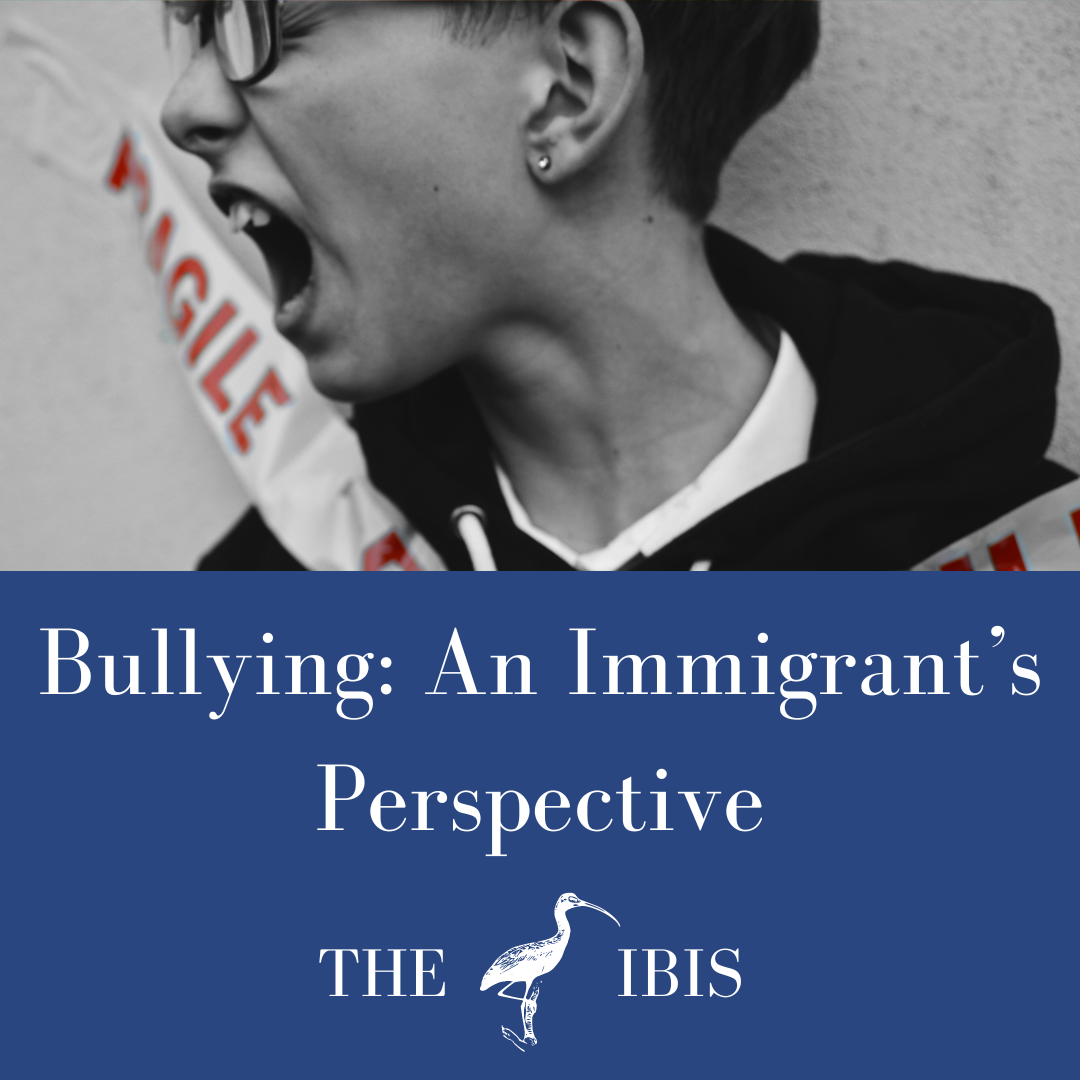This article was originally published on We Are, The Student Media Site of William Clarke College, Sydney, Australia, and it is republished here with permission as part of Teen Scene, Inc.’s international student voice partnership.
In 1978, cult leader Jim Jones convinced over 900 people to willingly drink cyanide-laced Kool-Aid, promising them a ticket to heaven—or something close to it. These weren’t just fanatics; they were regular people with families. Shockingly, 300 of those who died were children, handed the poison by their own parents who blindly followed their leader’s command. Every single one of them died. Whether they’re in heaven is for you to decide, but the fact remains—they drank poison because someone in power told them to. If you don’t believe me, stop reading this article and look up a picture of Jonestown, then take a deep breath, come back and be mad. Out of that 900, there must have been at least 250 thinking: “Hmm, maybe this Kool-Aid cult juice is a bad idea”, but when they saw the other 650 sipping their lives were lost to peer pressure.
There’s a high chance that many people who are reading this article have just learned about Jonestown for the first time, and they can’t believe how stupid and gullible those 900 people were. But at the core of the human experience is a universal longing for community, a fear of death, and a desire for clear answers. Cults offer the same sense of belonging as religion, the same structure as any society, and the same guidance from a singular, powerful leader. Every day, we follow orders from our own leaders without question. The truth is cults thrive on the same mechanisms that govern much of our lives. You may find it absurd that 900 people drank cyanide-laced Kool-Aid without hesitation, but in reality, many of us unconsciously injected and live by the very same principle.
TikTok has left a visible mark on society – on our faces, our clothes, and the erosion of truly unique personalities. We are witnessing a subtle form of brainwashing, one that operates so effectively that we barely recognise it. The constant flood of information and trends shapes our identities faster than we can process, leaving us more susceptible to manipulation than ever before.
Before you’ve had time to even think about something for yourself, your phone has already told you the right opinion.
Freedom of speech is dead. Today’s generation seems more inclined to de-platform rather than engage in meaningful debate. If you have the wrong opinion, they can slap a shiny misinformation sticker on it. Some clever commentator might argue that platforms like Google and Facebook are private companies, free to set their own rules—conveniently ignoring the fact that these apps have essentially become the backbone of global communication.
Censorship is happening directly in front of our eyes, and they disguise it as monitoring hate speech.
There’s a reason we have no problem letting lizard corporations decide what hate speech is. You’re comfortable letting Zuckerberg do the thinking for you because independent thought is difficult. Peer pressure is more powerful than ever, as is the constant craving for validation from strangers. Why bother thinking for yourself when you can simply nod along and agree…?

